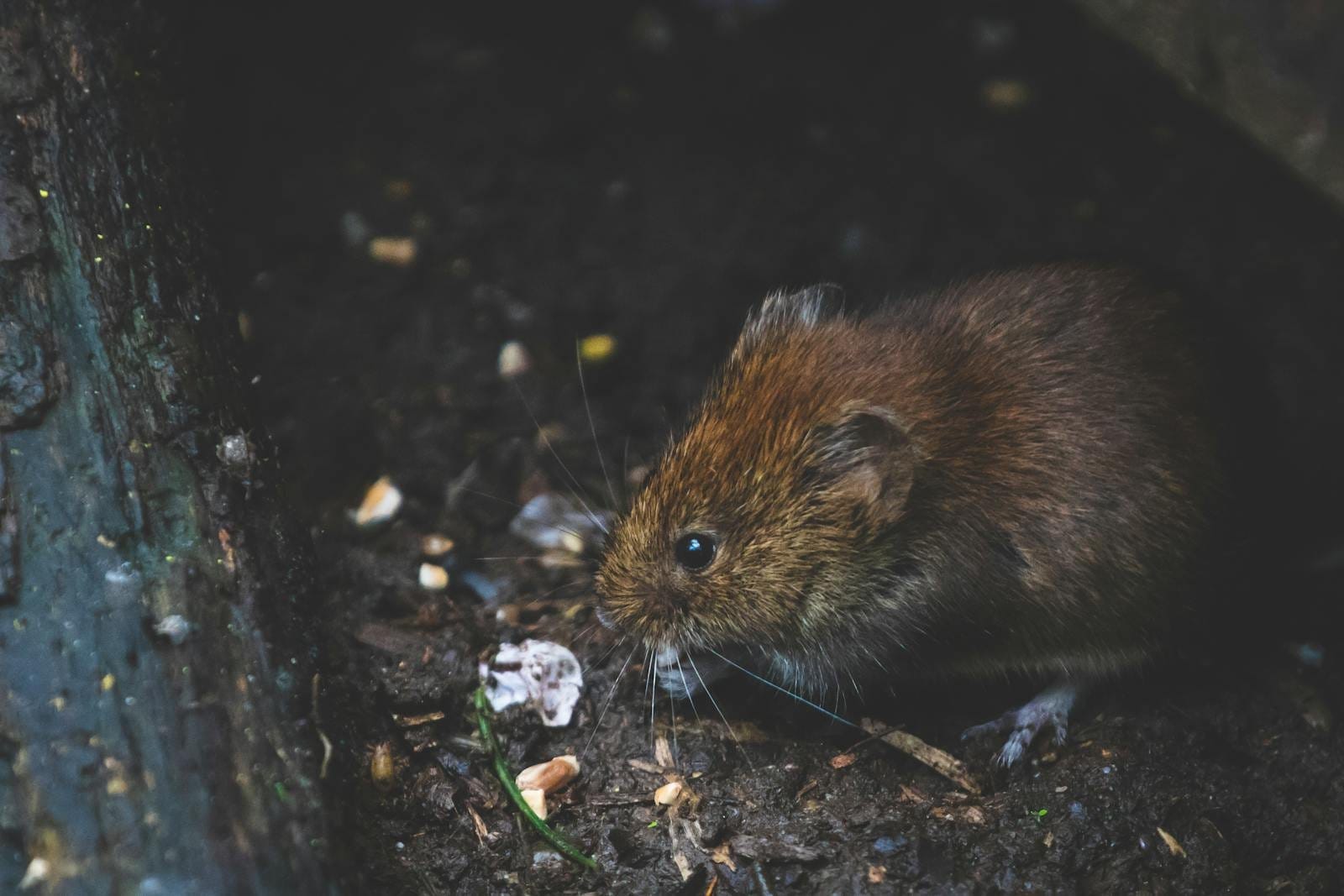
Why do you need Rat Poison?
If you have a serious rat problem in your home or business, it may be time to use rat poison to solve your problems. Rat poison is a type of rodenticide that works by preventing the coagulation of blood in small animals. Rats that ingest it will eventually die from internal hemorrhaging or even a small surface wound.
Using rat traps is probably the first line of defense against a newly found rat infestation. This is because rat traps actually catch/kill the rat so you can dispose of it immediately. On the other hand, rat poison does not kill the rat immediately. Instead, it stays in the rat for a while until the rat dies and this is often in some hidden location.
If you do not dispose of the rat properly, it will stink up your property. Rat poison also poses a safety risk to your kids and pets who may accidentally ingest it. Generally speaking, rat poison is more effectively used outdoors, where you can place the rat poison near the rat’s den safely without fearing your children and pets will ingest it. When placing rat poison indoors, we strongly suggest you use a bait station, which is typically a box with rat poison inside designed specifically to only let rats and other rodents in and keep pets and children out. Please keep in mind that we strongly advise you to use rat poison only after rat traps have failed to fully stop a rat infestation.
How to Choose Rat Poison – A Buying Guide
Use a traditional rat trap?
There are more downsides than upsides to using rat poison over a rat trap. However, rat poison can be an extremely powerful tool in stopping a serious rat problem. Rats are smart creatures and adapt to new environments. They are quite stubborn and don’t like new things. Rats may not fall for a traditional rat trap that you have meticulously set up.
They also may not be smart enough to warn other rats about your traps. However, they can study patterns and come to the conclusion that your rat traps are responsible for the disappearance of every rat. Using rat poison simply provides another effective method to kill off the rats.
What is recommended?
It is usually recommended that you use a combination of rat traps and rat poison when dealing with a rat infestation. Rat poison usually comes with a bait station and bait blocks. The use of a bait station is now strongly suggested by the EPA. Often you can’t even buy rat poison blocks separately. Because bait stations prevent your children and pets from reaching the rat poison, it is the preferred method of delivery.
Can I use rat poison?
Rat poison has changed drastically over the years, switching from an anticoagulant-based poison to bromethalin. In 2008, the EPA restricted sales of some anticoagulant-based rat poisons. This made the industry formulate a new type of poison made from bromethalin. Anticoagulants kill rats by preventing blood clots, so the rat dies from internal bleeding. However, this process usually takes at least 5 days, making it a slow way to kill rats. The new chemical, bromethalin is a neurotoxin with a much faster reaction time. It decreases ATP production and affects brain and liver functions all within 24 hours.
Consider the type of rat poison
There are different types of rat poisons available, including anticoagulants, non-anticoagulants, and natural poisons. Anticoagulant rodenticides are commonly used and work by preventing blood clotting, while non-anticoagulants are toxic to rats but have no effect on humans or pets. Natural poisons are derived from natural ingredients and are generally considered safer.
Assess the level of risk
Evaluate the level of infestation and risk associated with rats. If you are dealing with a severe infestation, it may be best to opt for stronger and more potent rat poisons. However, if you have pets or children around, it is crucial to prioritize their safety and go for pet-friendly or child-resistant options.
Read the labels and ingredients
Carefully read the labels and verify the active ingredients used in the rat poison. Ensure that the poison is designed specifically for rats and not for other pests or insects. Familiarize yourself with the potential risks, proper handling instructions, and any precautions mentioned on the packaging.
Choose the right formulation
Rat poisons are available in various formulations, including pellets, blocks, powders, and liquid concentrates. Consider the location and type of infestation when choosing the formulation. For instance, if the infestation is indoors, you may want to opt for odorless and tasteless formulations to avoid detection by rats.
Seek professional advice if needed
If you have any concerns or doubts about choosing the right rat poison, it is always a good idea to seek advice from a professional exterminator or pest control expert. They can evaluate your situation, suggest the most effective and safe options, and provide guidance on proper usage and disposal. Remember, safety should always be a priority when dealing with rat poisons.










